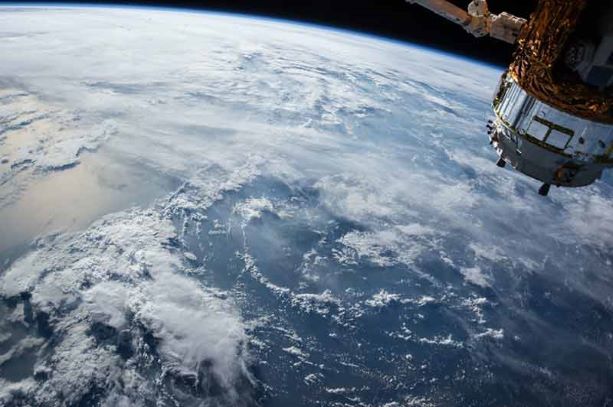Climate Trace Makes The Cut Among 100 Inventions of 2020, By TIME

The addition of Climate Trace to the top 100 list by TIME Magazine is yet more vindication of the initiative’s key goals, that seek to track and pinpoint sources of global CO2 pollution more accurately than ever.

If the Climate Trace vision plays out to plan, then by 2021, data on the greenhouse gas emissions from power plants, forest fires, industrial plants, large ships, and almost any other significant human or even non human event like a volcano, could be part of the public domain. That would be a body blow to the cheating and ‘behind the scenes’ emissions that we have seen in 2019 for instance, when China based manufacturing firms were spewing CFC’s while denying it all through.
Started in 2019 , Climate TRACE, won the backing of Google.org and former U.S. Vice President Al Gore to use advanced computing techniques to convert satellite images and sensor data into a publicly available source of real-time data on carbon dioxide emissions and other air pollution.
Other key founding members include US-based WattTime and UK-based Carbon Tracker . They initially applied for Google.org’s AI Impact Challenge with a proposal to monitor all global power plant emissions from space. That got them started with a $1.7 million grant, besides a group of seven skilled data engineering and machine learning fellows to work alongside WattTime and Carbon Tracker for six months to help bring the initiative to fruition.
Soon, over 50 other organizations and scientists around the world offered to help.
Thus, the leveraging of data and tools from all over to help make meaningful climate action faster and easier by mobilizing the global tech community—harnessing satellites, artificial intelligence, and collective expertise—to track human-caused emissions to specific sources in real time—independently and publicly.
Climate TRACE aims to drive stronger decision-making on environmental policy, investment, corporate sustainability strategy, and more.
Monitor human-caused GHG emissions using cutting-edge technologies such as artificial intelligence, machine learning, and satellite image processing.
Collaborate with data scientists and emission experts from an array of industries to bring unprecedented transparency to global pollution monitoring.
Partner with leaders from the private and public sectors to share valuable insights in order to drive stronger climate policy and strategy.
Provide the necessary tools for anyone anywhere to make better decisions to mitigate and adapt to the impacts from climate change.
Something to look forward to in 2021.




